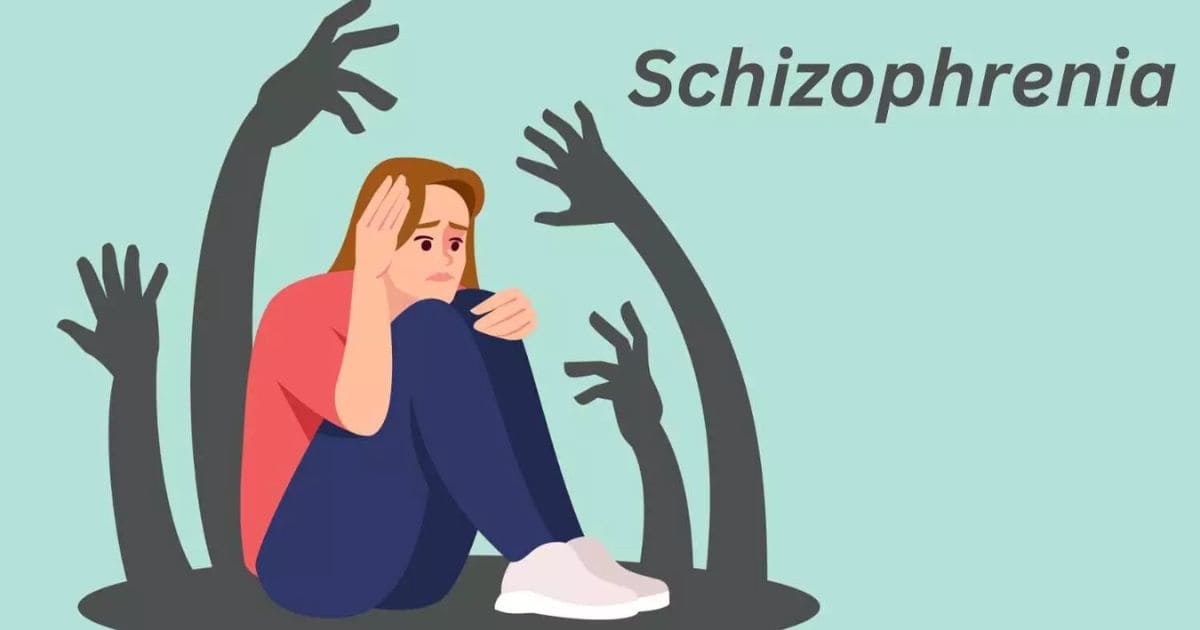World. Schizophrenia is one of the most serious and complex mental disorders, affecting more than 23 million people worldwide. Unfortunately, more than 70% of people with severe mental illness do not seek professional help and do not receive appropriate treatment. This condition is a major cause of Duration of Untreated Psychosis (DUP), a condition that can worsen symptoms, hinder recovery, and increase the risk of long-term disability. In developing countries like Indonesia, delays in seeking treatment for schizophrenia remain a major problem. The sooner help is sought and received, the greater the chance of recovery and a better quality of life for sufferers.
To understand the factors influencing health-seeking behavior, a study was conducted in three major cities: Banda Aceh, Yogyakarta, and Surabaya, involving 672 caregivers of schizophrenia patients undergoing treatment at outpatient psychiatric clinics. Through face-to-face interviews, researchers collected information on the caregivers’ socioeconomic background, knowledge of mental health, attitudes toward mental illness, and caregiving practices. The results showed that socioeconomic factors remain the primary determinants. Income and employment status are important factors in determining whether or not someone is likely to seek health care. Higher incomes have been shown to encourage better help-seeking behavior. This is because they are more able to access services, are less burdened by costs, and are more prepared to take proactive steps to maintain their health. However, employment status showed the opposite result. Caregivers who worked full-time or were self-employed were less likely to actively seek help than those who were unemployed. The reasons? Limited time, the difficulty of scheduling consultations during work hours, and concerns about workplace stigma. Additionally, indirect costs such as transportation, unpaid leave, and lack of insurance also present obstacles, even for those who are considered financially capable.
Besides economic factors, knowledge and attitudes are key to change. Knowledge about mental disorders and attitudes toward those with them also play a significant role. People with better knowledge about schizophrenia tend to be more open to seeking help, more aware of the importance of treatment, and more confident in facing social stigma. Similarly, positive attitudes toward people with mental disorders are closely linked to reduced stigma and increased willingness to seek professional help.
Interestingly, this study also found that caregivers play a central role in transforming information into action. By understanding how to properly care for patients with mental illness, they are more likely to seek help promptly if symptoms worsen. They are able to recognize early symptoms, navigate the healthcare system, and provide appropriate emotional support. Caregivers are not only patient companions but also a crucial bridge between needs and access to mental health services.
The results of this study reinforce the importance of interventions focused on education, attitude change, and support for caregivers. Some recommended steps include integrating mental health literacy into primary health care services, particularly at the community level. Providing psychoeducation and training to caregivers to better prepare them for their roles. Reducing stigma through public campaigns, particularly in the workplace and family environment. Expanding access to services to remote areas to ensure timely assistance for all segments of society.
Help-seeking behavior isn’t just about knowing where to go. It’s about access, understanding, attitudes, and adequate support, from family, community, and the healthcare system. By empowering caregivers and building a more mentally health-conscious community, we can make a real difference in schizophrenia care in Indonesia.

Comments